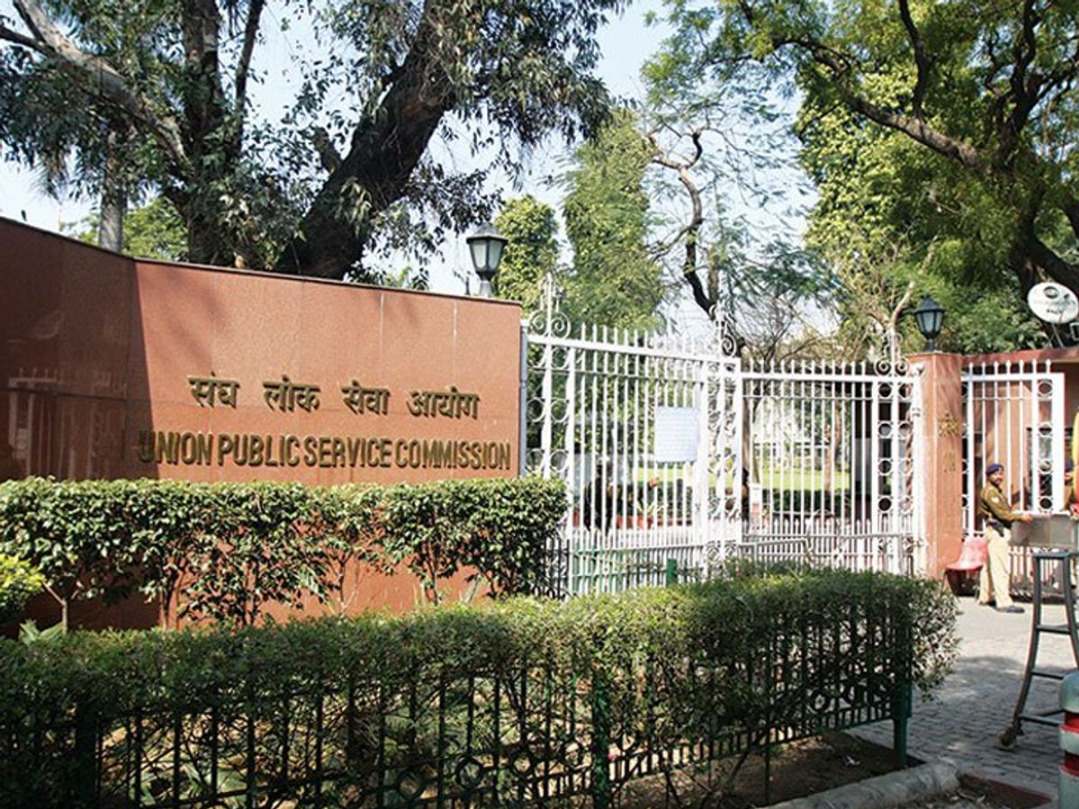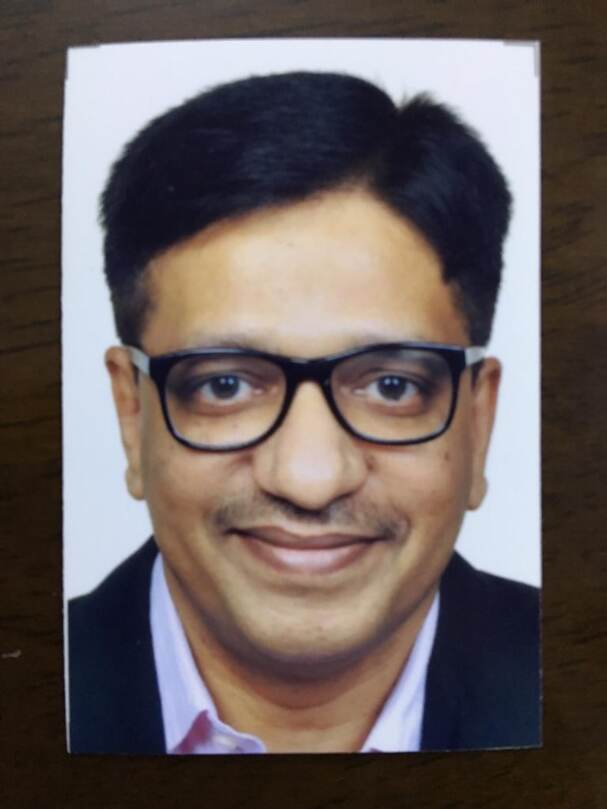Imperative reforms
A cadre allotment system with three-fold partitioning of the service period will ensure political independence and integration of civil services; writes Yogesh Gupta

The cadre system of the All-India Civil Services is one of its biggest achievements. IPS and IAS officers are selected centrally by UPSC and then attached to a particular cadre under the respective state governments. Every state has one-third of insiders and two-third outsiders. The goals of this system are independence from political interference, responsibility towards the elected state governments and national integration. However, the system does not live up to its full potential in achieving these objectives. A new system of cadre allotment can be a major improvement. Here's how it could work.
The entire period of service could be roughly divided into three equal parts of eight to 12 years each. For example, an officer who joins at 25 will have 33 years of total service excluding a two-year training period. This will be divided into three stints of 11 years each. An officer is attached to a different cadre in each of the three stints. Out of these, one stint will be a home cadre and two will be a non-home cadre. In the existing system, one-third of officers serve in their home cadres while two-thirds serve in non-home cadres. In the proposed system, every officer serves one-third of his career in his home cadre and two thirds in non-home cadres.
Each state will release vacancies at all ranks every year. The vacancies will be marked home cadre and non-home cadre by the Central Government so as to maintain the one-third/two-thirds rule in every state. Officers who have completed their stint will be relieved by their states every year. This pool of officers will be allotted across the country, based on whether they are due for home cadre or non-home cadre.
Central Deputation would become a separate 'Central Cadre' which can be merged with Union Territory cadre. Officers would be inducted and relieved from the Central Cadre in the same manner as described above. The process of empanelment can also possibly be done away with, greatly simplifying the process.
There are plenty of advantages in this system. The first is greater integration — not only will there be people who belong to different states but also who have worked in different states. A strong network across states will be created. Right now, only batchmates personally know one another among officers of different cadres. A rotating set of officers means that every officer would know officers at different levels in different states. This would build trust and mutual respect across the system, a key element for collaborative work. This would also help solve problems that affect multiple states or even the entire nation. For IPS officers, it would mean solving inter-state crimes and, for IAS officers, it would mean the ability to implement mega projects such as a highway crossing multiple states.
It would lead to greater uniformity and adoption of best practices in policing and administration. A strategy that succeeds in one state can be replicated across the country. Officers who were involved in the original implementation can guide implementation in their new cadres. Fresh blood will be infused at every level, which will counter groupthink.
The relationship between officers and politicians will improve. The benefit from pleasing and the harm from displeasing politicians will be lower. So, there is a higher chance that the officers will take independent decisions without fear or favour. If an officer goes out of the way to trouble opposition leaders in an effort to please the ruling party, he might have to face angry politicians once his cadre changes. Knowing that you could be transferred to any state ruled by any party, it would pay to be respectful to everyone while, at the same time, maintaining an arms-length distance from everyone. Some officers, usually those allotted to their home state, remain in one state throughout their career — virtually becoming a state service officer with a little link to the Centre or to any other state.
The system will also ensure that no one will have to serve their entire career in a 'difficult' cadre. Serving your entire career in a perceived inhospitable region is so unpalatable for some, that they end up leaving. This deprives them of the opportunity of pursuing the most sought-after career in the country. It also deprives the country of their talent.
We often see some states having too many officers while others suffer shortages. The system will prevent a mismatch between officers available and officers required. Any state that has excess officers at a particular level will relieve more officers than it absorbs. A state that has a shortage will absorb more officers than it relieves.
The system is also inherently fairer. If there is one cake and three people who want it, it is fairer to split the cake into three parts and give each of them one part, rather than randomly give the whole cake to one of them. Similarly, the privilege of getting a home cadre should be available to all officers. The phrase 'home cadre" is being used here synonymously with 'cadre of one's own choice'.
In every system, there are some disadvantages. It is only fair to acknowledge and address them.
An IG may never have served as an SP in the state so he may be unaware of the intricacies of policing unique to that state. The State Police Chief, a DGP rank officer, will not know the problems of police personnel at lower ranks in that particular state. But we already have a system where most District SPs have not served as an SHO. This has not led to any noticeable problem. Similarly, a DGP who hasn't served as an SP in the same state wouldn't be a problem.
Could language be a problem? In the present system, officers usually have to learn at least one language apart from English and their native language. This too is restricted to only a section of non-home cadre officers i.e where the state language and the native language of the officer are different. Under the proposed system, all officers will have to learn one additional language (since at least one stint is likely to be in a different language state). But this, again, can be a good thing. Learning the languages and imbibing the culture of different states further espouses the cause of national integration. Even India's education policy has a three-language formula. Expecting All India Service (AIS) officers to abide by it isn't a big task.
Another potential problem is that an officer will have to learn local laws and regulations whenever they change cadres. This may require additional time and effort. But there's a silver lining. Knowledge of laws and customs of different states makes for more well-rounded officers. Officers will know which laws work and which don't. Consequently, they can advise state governments to make better laws that are known to work.
The proposed system can bring significant improvements to the AIS and help it achieve its original objectives of national integration and independence with accountability. There is deeper expertise, stronger collaboration and lower attrition. There is also an automatic rebalancing of the supply of officers with demand across the country. The idea is worth serious consideration.
Yogesh Gupta is a Chartered and Cost Accountant with a Masters in Management and an IPS officer in the rank of Additional Director General of Police presently posted as Chairman and Managing Director, Kerala State Beverages Corporation Ltd. Views expressed are personal.



